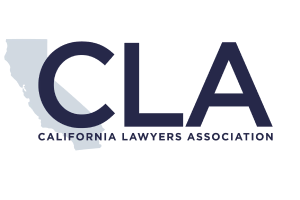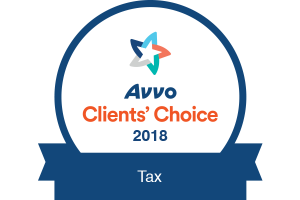Getting Results
Business Formation
Once an entrepreneur has determined the goods or services the company will offer and whether there is a market for the product, a decision must be made on the type of business formation. Acquiring professional assistance from a lawyer will save the start up business person time and money. You should speak with an attorney before you decide what type of business to form.
While each form has its advantages and disadvantages, the new business person must review the different types of organization and select the one which best suits the company’s needs at the outset. Once the company has been established and is viable, the owner can always review the options and adapt the business organization to the current needs.
In many states, including California, your choices are basically limited to the following types of entities and derivations thereof: 1) Sole Proprietorship; 2) Corporation; 3) Limited Liability Company; 4) Limited Partnership; 5) General Partnership; 6) Limited Liability Partnership.
Sole Proprietorship
The sole proprietor enjoys complete control over his/her business. While this type of business owner receives all the profits, he/she also has sole responsibility for all debts and liabilities. Fictitious Business Name Statement may be filed in the county in which the business will be located. Other city or county registration may be required. Income tax returns combine business income and personal income. The biggest disadvantage to a sole proprietorship is the unlimited liability for business debts held by the individual business person. In addition, income tax rate may be higher than the corporate form of business organization.
Corporation
The corporate form is the most permanent form of business. It continues for the life of its charter regardless of what happens to the original organizer or stockholders. The corporation is owned by stockholders in proportion to the number of shares owned by each stockholder. A corporation can be a one person operation with only one stockholder holding all of the stock and being the only officer. Corporations can be classified as a small business or “S- Corporation” versus a “C-Corporation” or regular corporation. S-Corporations are taxed just like partnerships are, for federal tax purposes. S-Corporation income is directed to stockholders, who then pay personal income tax. The corporation does not pay federal income tax itself. C-Corporations do pay corporate income tax on income. Stockholders pay income tax if they receive stock dividends.
Limited Liability Company
Limited Liability Companies resemble corporations regarding liability protection but are taxed more like a partnership. Limited Liability Companies may have one or multiple managers or members. Operating agreements governing members and operation of Limited Liability Companies are essential for maintaining a viable and stable company.
General Partnership
General partnerships require two or more individuals involved in a for-profit business. In general, partners are held liable, both as individuals and jointly, for all partnership obligations, except as agreed to by claimants. The partners must claim their share of the profits or losses on their personal returns. Income is taxed only once. Compatibility of the partners is essential.
Limited Partnership
The limited partnership must include at least one or more general partners who participate in management decisions and who have personal responsibility for the partnership debts. There will also be one or more limited partners who do not participate in management and whose liability for partnership debts is limited to the amount they have contributed to the business. Income is taxed only once. The partners must claim their share of the profits or losses on their personal returns.
Limited Liability Partnership
Limited Liability Partnerships usually offer professional services such as architecture and the practice of law. The types of professions allowed to be formed as limited liability partnerships may broaden over time. A limited Liability Partnership is required to maintain certain levels of insurance as required by law. Income is taxed only once.





















